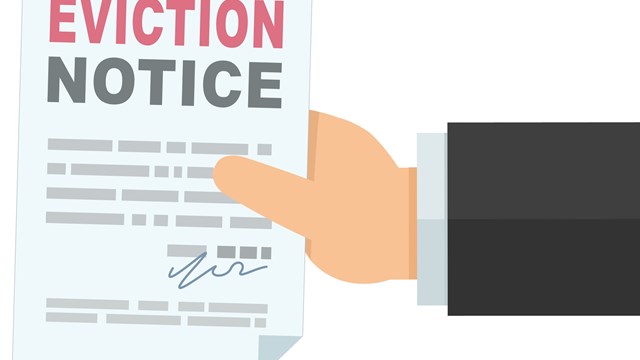Q I live in a condo with indoor parking facilities. The board recently sent a notice informing residents with current parking that the identity of each vehicle would be kept in order to ensure that owners do now allow unauthorized use of their assigned space. There has been one or two such occurrences in the past 17 years I have lived in the building. Currently, each space is clearly numbered and the management office has the resident’s name, vehicle make and model, license plate number and space number. Evidently, the board determined it necessary to demand that each resident parking in the garage provide a copy of their vehicle registration document as well.
I am in favor of creating policies and adopting practices to ensure the proper operation of the parking facilities, however I am absolutely puzzled at the need to submit a copy of my registration. I presented my registration to management for inspection and told them that I would prefer if I did not have to leave a copy of my registration on file. The response to my request was avoidance and a letter from the president stating that if I did not provide a copy of my registration by a certain date, my parking permit would be revoked.
What rights do I have in this matter? Do I have to provide a physical copy of my document in order to be in compliance with the requirement?
—Indoor Parker
“At a minimum, the board has an interest in the appropriate person(s) using the space and knowing who that person(s) is. This would not only be in the interest of fairly enforcing its rules, but to promote safety and security at the premises. Based on this type of reasoning the board can reasonably request a copy of your registration. Additionally, board decisions such as these are protected by the business judgment rule. The business judgment rule prohibits judicial inquiry into actions of a board taken in good faith and in exercise of honest judgment in lawful and legitimate furtherance of corporate purposes. Unless the writer can show that the request is outside the scope of the board’s authority, in a way that did not legitimately further the corporate purpose or is in bad faith, the courts will not alter the decision of the board.”







Leave a Comment